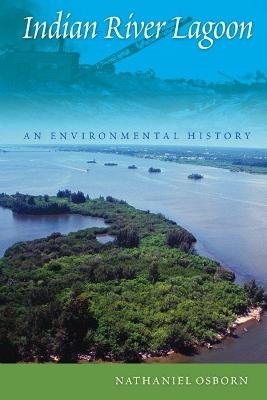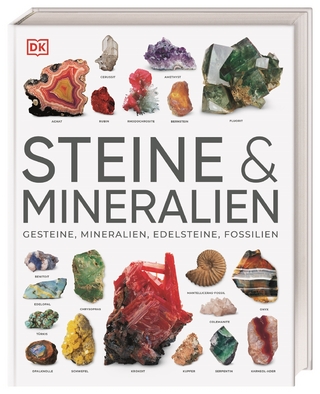
Indian River Lagoon
An Environmental History
Seiten
2021
University Press of Florida (Verlag)
978-0-8130-6855-8 (ISBN)
University Press of Florida (Verlag)
978-0-8130-6855-8 (ISBN)
Stretching along 156 miles of Florida's East Coast, the Indian River Lagoon contains the St. Lucie estuary, the Mosquito Lagoon, Banana River Lagoon, and the Indian River. This book traces the winding story of the waterway, showing how humans have altered the area to fit their needs and how the lagoon has influenced the cultures along its shores.
Stretching along 156 miles of Florida’s East Coast, the Indian River Lagoon contains the St. Lucie estuary, the Mosquito Lagoon, Banana River Lagoon, and the Indian River. It is a delicate ecosystem of shifting barrier islands and varying salinity levels due to its many inlets that open and close onto the ocean. The long, ribbon-like lagoon spans both temperate and subtropical climates, resulting in the most biologically diverse estuarine system in the United States.
Nineteen canals and five man-made inlets have dramatically reshaped the region in the past two centuries, intensifying its natural instability and challenging its diversity. Indian River Lagoon traces the winding story of the waterway, showing how humans have altered the area to fit their needs and also how the lagoon has influenced the cultures along its shores. Now stuck in transition between a place of labor and a place of recreation, the lagoon has become a chief focus of public concern. This book provides a much-needed bigger picture as debates continue over how best to restore this natural resource.
Stretching along 156 miles of Florida’s East Coast, the Indian River Lagoon contains the St. Lucie estuary, the Mosquito Lagoon, Banana River Lagoon, and the Indian River. It is a delicate ecosystem of shifting barrier islands and varying salinity levels due to its many inlets that open and close onto the ocean. The long, ribbon-like lagoon spans both temperate and subtropical climates, resulting in the most biologically diverse estuarine system in the United States.
Nineteen canals and five man-made inlets have dramatically reshaped the region in the past two centuries, intensifying its natural instability and challenging its diversity. Indian River Lagoon traces the winding story of the waterway, showing how humans have altered the area to fit their needs and also how the lagoon has influenced the cultures along its shores. Now stuck in transition between a place of labor and a place of recreation, the lagoon has become a chief focus of public concern. This book provides a much-needed bigger picture as debates continue over how best to restore this natural resource.
Nathaniel Osborn teaches American history at The Pine School in Hobe Sound, Florida.
| Erscheinungsdatum | 03.09.2021 |
|---|---|
| Verlagsort | Florida |
| Sprache | englisch |
| Maße | 152 x 229 mm |
| Gewicht | 335 g |
| Themenwelt | Sachbuch/Ratgeber ► Natur / Technik ► Natur / Ökologie |
| Sachbuch/Ratgeber ► Natur / Technik ► Naturführer | |
| Geisteswissenschaften ► Geschichte ► Allgemeine Geschichte | |
| Geisteswissenschaften ► Geschichte ► Regional- / Ländergeschichte | |
| Naturwissenschaften ► Geowissenschaften ► Hydrologie / Ozeanografie | |
| ISBN-10 | 0-8130-6855-X / 081306855X |
| ISBN-13 | 978-0-8130-6855-8 / 9780813068558 |
| Zustand | Neuware |
| Haben Sie eine Frage zum Produkt? |
Mehr entdecken
aus dem Bereich
aus dem Bereich
über 500 faszinierende Gesteine, Minerale, Edelsteine und Fossilien
Buch | Hardcover (2023)
DK Verlag Dorling Kindersley
CHF 39,90
Familien und Gattungen einheimischer Pflanzen
Buch | Hardcover (2022)
Haupt Verlag
CHF 67,95
vollständig aktualisierte Neuausgabe mit den zusätzlichen …
Buch | Softcover (2023)
Westend (Verlag)
CHF 30,80


